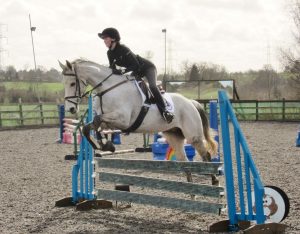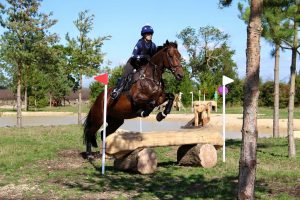
Lifelong rider and horse development.
The way we approach the training of horses hinges greatly upon our own psychological make up. After many years of developing as a rider/trainer and coaching riders at all levels I have found that human personality traits can be, revealingly, observed during training sessions. All of us who choose to keep, train and ride horses and ponies have in common the enjoyment we derive at some level from this association with our equine friends. The individual differences between us in relation to our motivations, ambitions and deeper drivers fuelling our desire to ‘connect’ with our horse must be countless and would be an interesting subject of study for psychologists.
My empirical observations suggest that riders/trainers that have an innate ability to relate to the instinctive nature of the horse can go on to develop confidence in their work with a healthy respect for the horse. Through an open mind we can learn from each individual horse the best way to communicate with him. It is our responsibility to cultivate our perception and appreciation of the horse’s reactions to his environment, which includes us, thus allowing us to develop effective strategies of attracting and maintaining his attention to the rider and learning to ignore distracting stimuli that might provoke his flight instinct. 
It is the inner, psychological, mind world, through which we need to approach our training for success. We may have an illusion that riding a horse is about riding the body to influence the mind of the horse but in reality it is far more helpful to think it the other way round. Influence the mind through your kindness and clarity and the body will perform. This is why the voice and whole body-language communication is critical in early training in reassuring, encouraging the horse, clarifying our intention to him and nurturing trust. Ignore this basic constituent of training at your peril!
The physical skills towards adapting ourselves to be able to move with the horse without impeding him in his natural action take many years to fully develop. They require tireless dedication and perseverance which those of us who love riding do not find a chore but a pleasure and an adventure indeed. The physicality of handling/riding horses coupled with the psychological attributes of empathy, patience, confidence, make for a tricky mix of qualities needed to become a successful horseman/horsewoman. In my view it can be said that one lifetime may not be enough to learn all there is to know.
Dressage trainer-Showjumping/Eventing coach; A passion for horses: Learning from each session, with every horse and every rider. 
